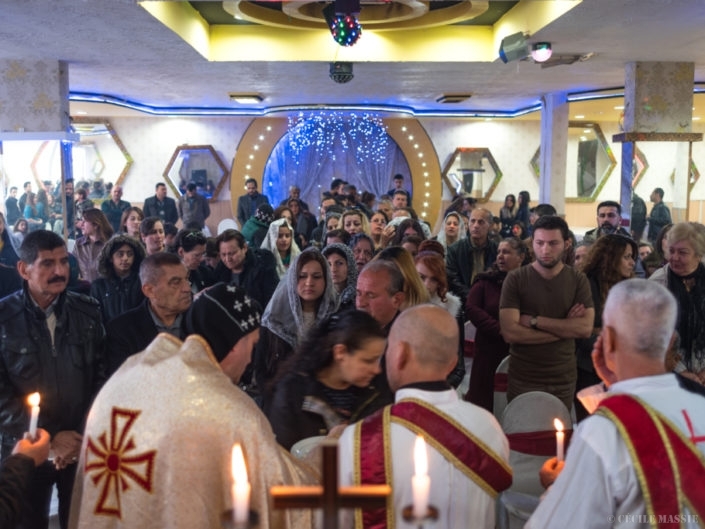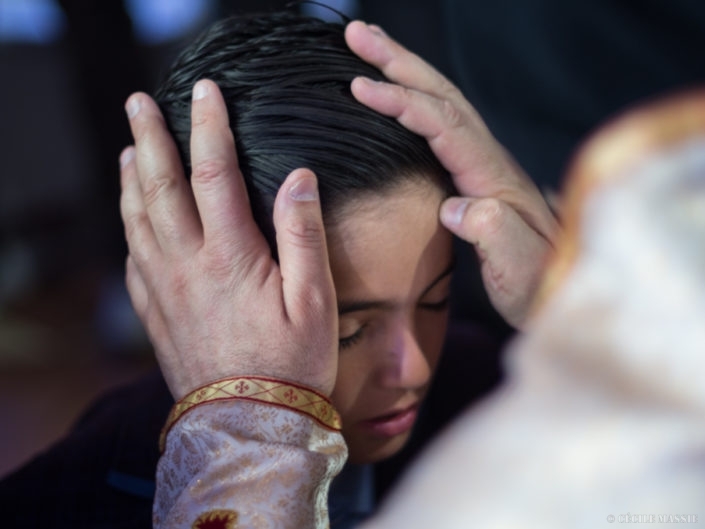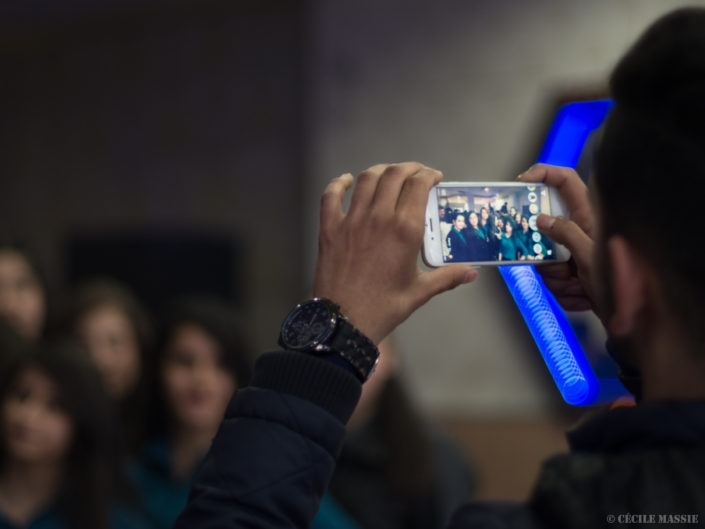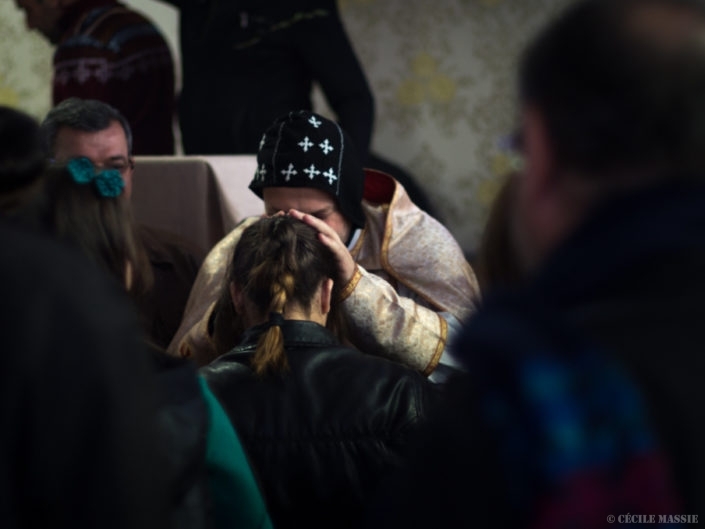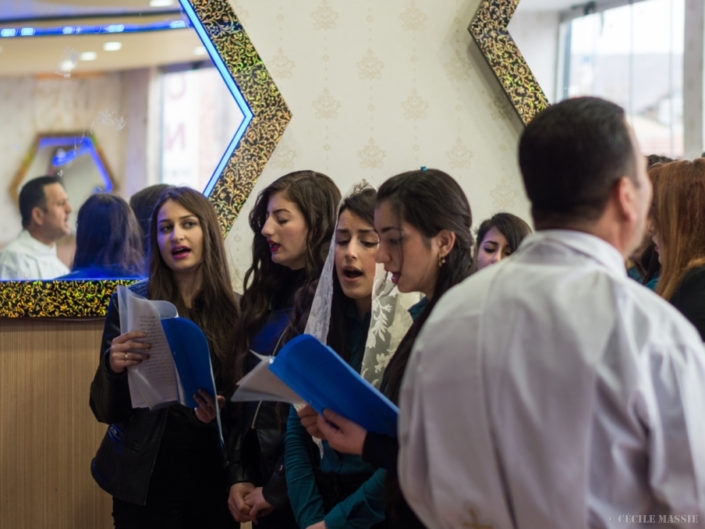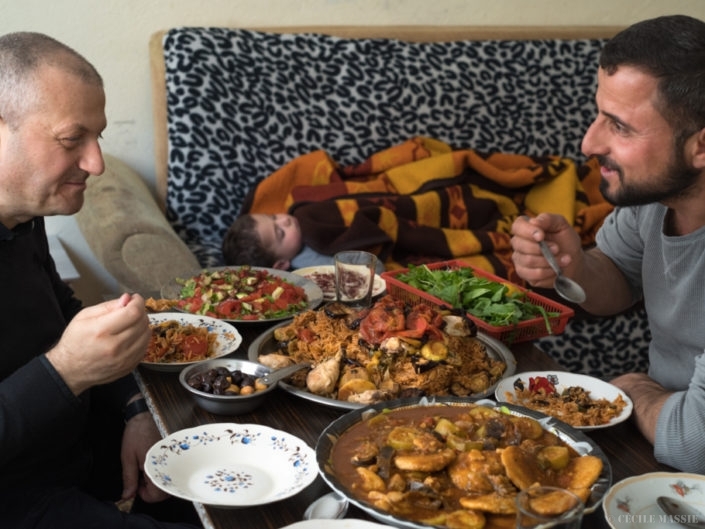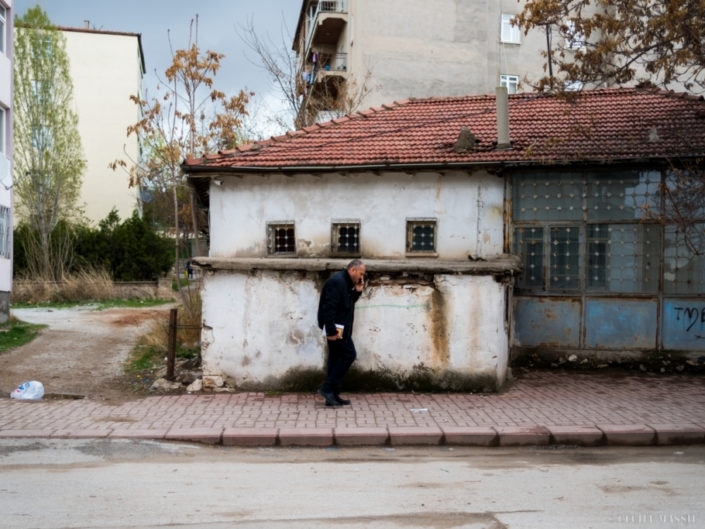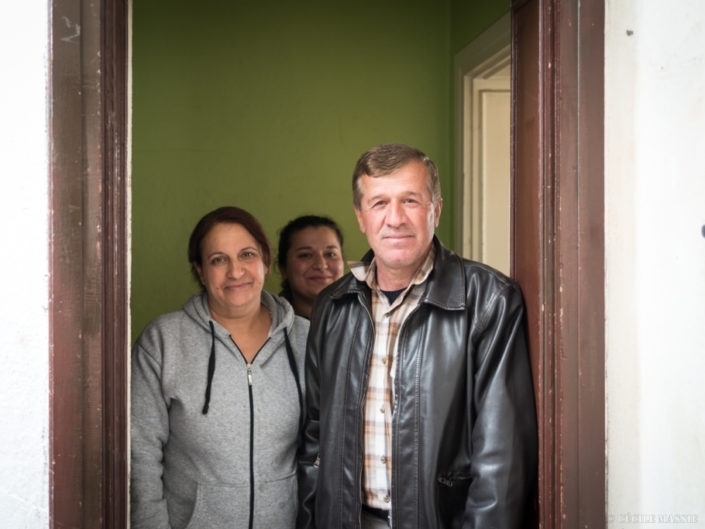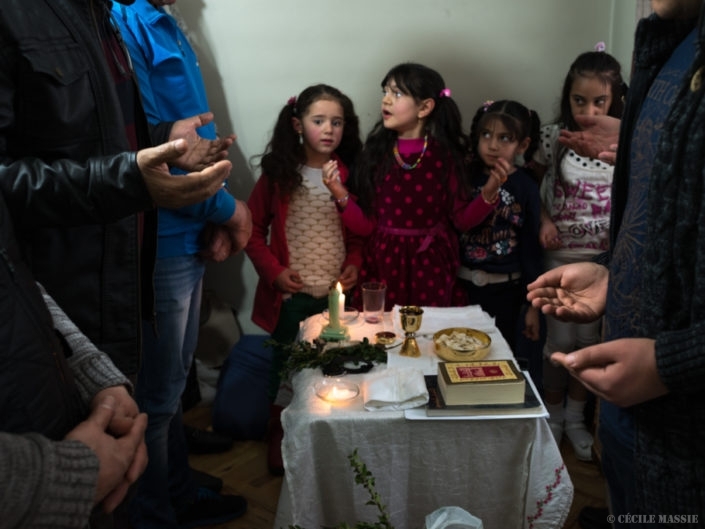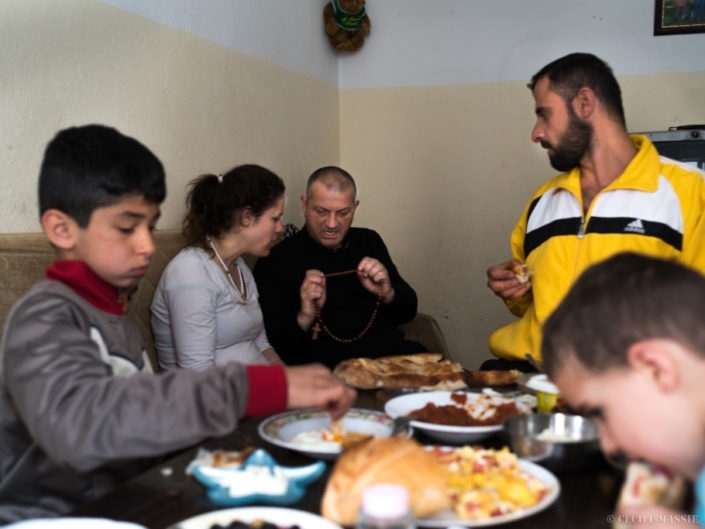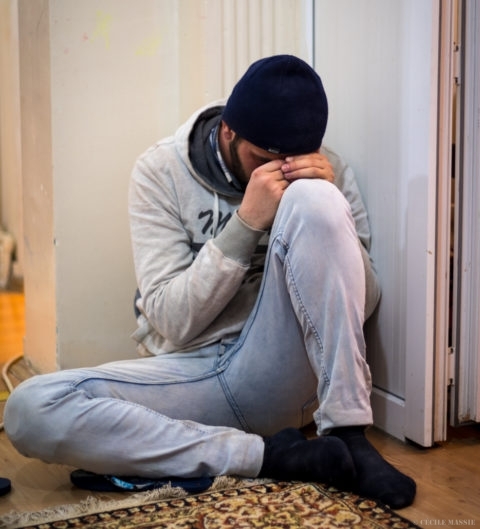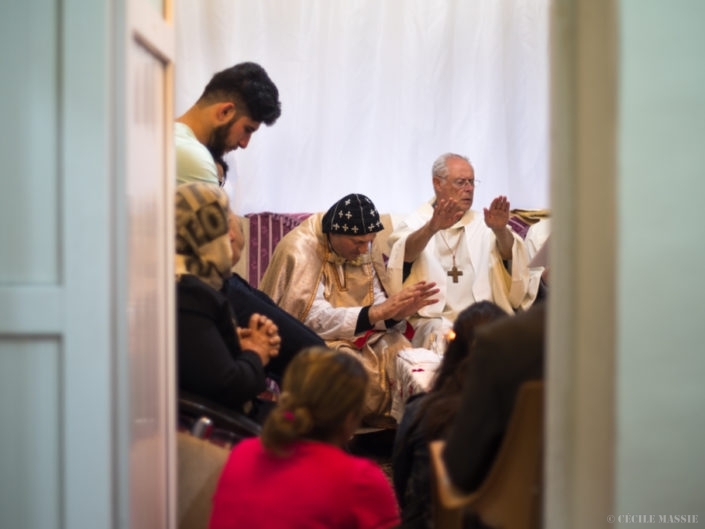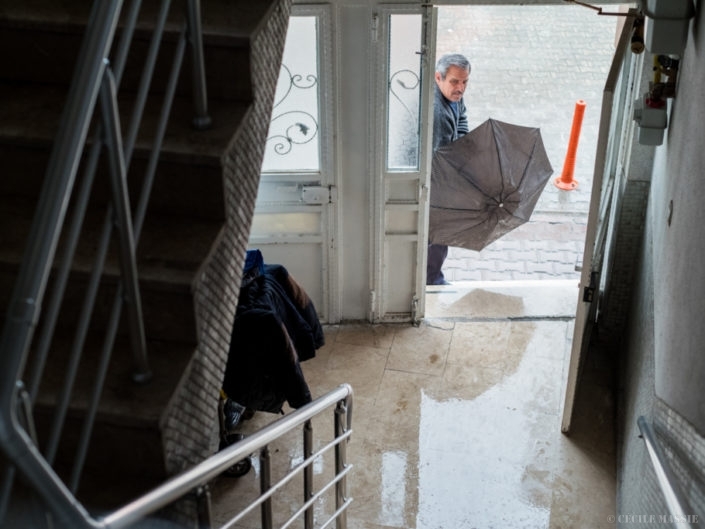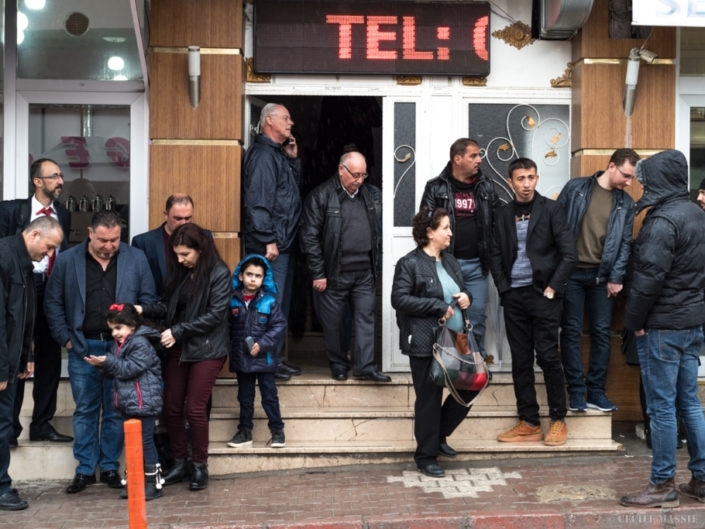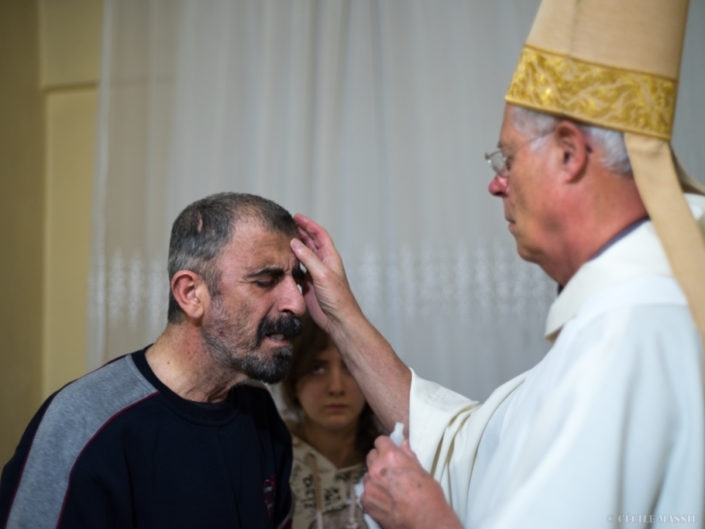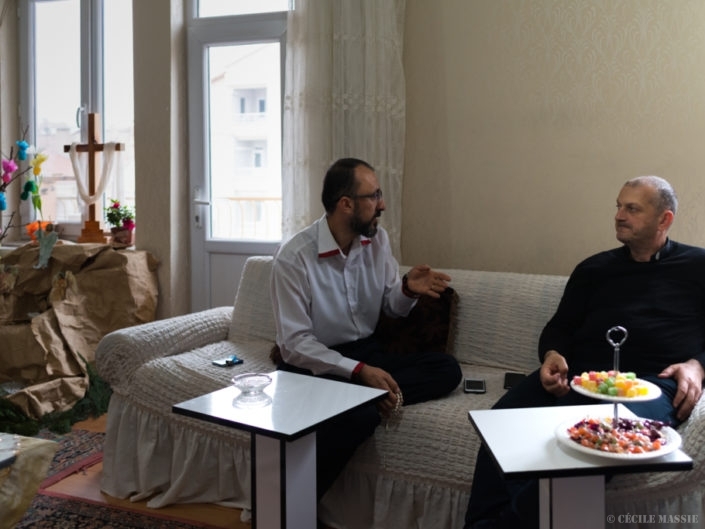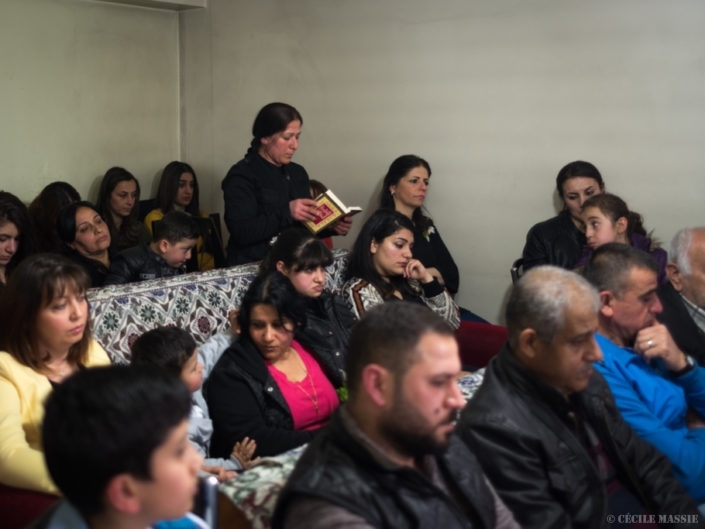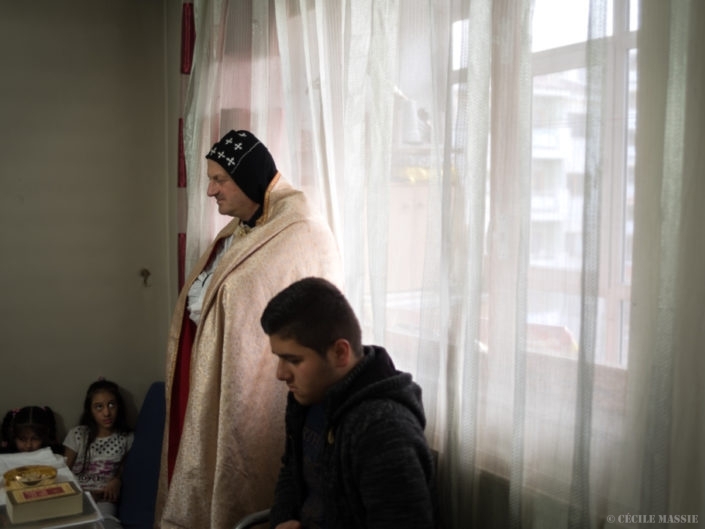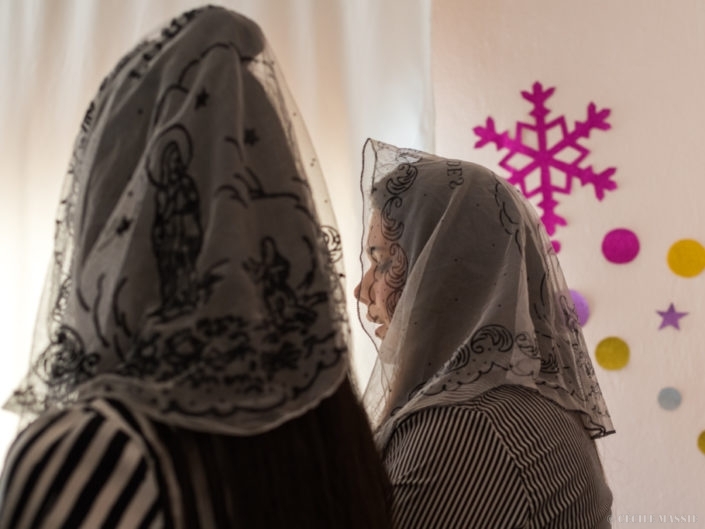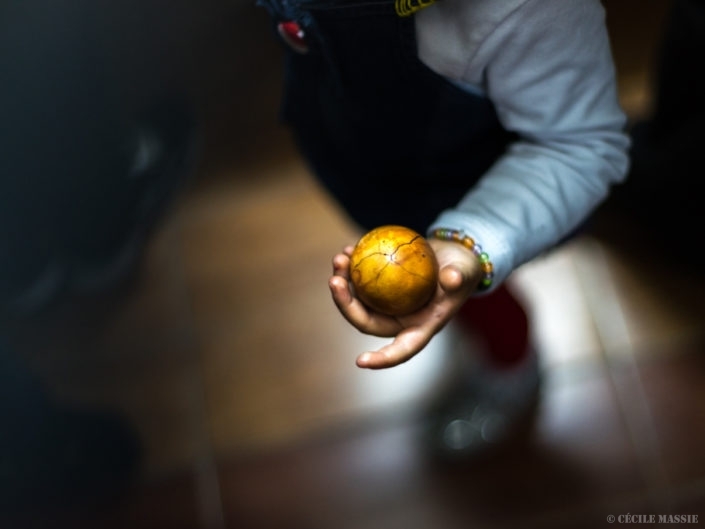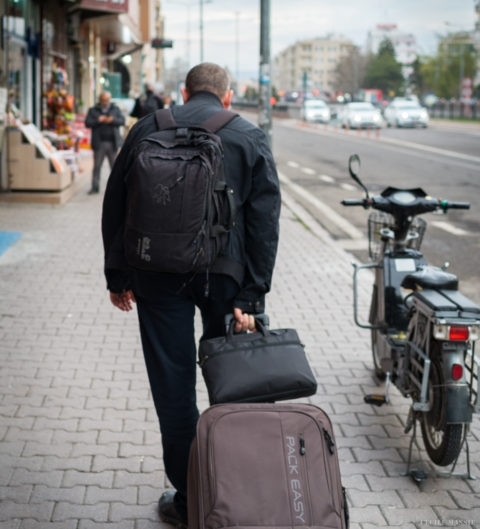Church is not made of Cathedrals, Turkey
During Easter 2017, Father Jacques Mourad and the Vicar Apostolic of Anatolia, Monsignor Paolo Bizzeti, travelled through Cappadocia to meet some of these Iraqi Christians refugees. This is the fourth time in a year that, at the invitation of Monsignor Bizzeti, one of the monks of the Community has come to celebrate with these exiled Christians. They may not be from the same country, but they speak the same language and practice the same rites: Syriac and Chaldean.
The two priests stopped in five cities. The families they meet have been in Turkey since the summer of 2015 when they fled Daech’s[1] advance in Iraq. All have made their request for emigration from UNHCR and live now awaiting news. It is almost impossible to establish themselves in Turkey. Youssef, installed in Kirşehir, replied: “We face too much discrimination on a daily basis. Finding work is very complicated as an Iraqi, and especially as a Christian. Those who do so are underpaid.”
The week unfolds based on needs and opportunities – masses are organized the day before. The few local churches are unusable (closed, transformed into coffeehouses or becoming museums). So the masses are said in improbable banquet halls, illuminated by disco balls, or in family homes. At Nevsehir there are 34 worshipers, originating from Bartella, Baghdad or Mosul. In order to attend the mass, their first since Christmas, they must cram into this narrow room with curtains pulled. Their eagerness to welcome the two priests and to exchange conversation with them reveals the solitude experienced in exile. Father Jacques is a former detainee and a refugee among refugees. His testimony creates a closeness, his strength and his peaceful preaches comfort.
At each stage, the two priests visit the sick. Lahib comes from Mosul, he was operated on nine months ago for a brain tumor. He cries and thanks God for being able to start walking again. The two priests celebrate Mass at his home. Father James consoles and explains that: “during the last meal, Jesus expressed his desire to share Passover with his disciples. Through communion today and the opportunity to celebrate this Mass with you, it is not my desire but that of Christ that is realized, he wants to be with you and bring you hope.” Lahib smiled and thanked God, again.
On Holy Thursday, Monsignor Bizzeti addressed a gathering of 250 Christians in an ornate wedding hall: “The true Church is not made up of cathedrals, but of a community gathered in spite of everything.”
Once mass is over, we leave, quickly, the hall could only be rented for two hours and at a cost. Outside it rains, everyone disperses. Youssef welcomes the two priests to his home for the evening. This is an opportunity to discuss the difficulties of the local community. Theological questions are discussed and through them the desire to be able to justify their faith in the face of the Muslims is revealed, the trinity at the forefront. For the rest, with delicacy and firmness, Bishop Bizzeti tries to make these families more realistic about their chances of obtaining a visa. In private, he returns to the situation of exile: “I have great admiration for these men and women who retain a profound faith in these difficult times. But they must know that only a minority can leave, they have to find the means to self-embody here, today, in this country.”
The only room actually serving as a church in the region is in Kayseri -on the third floor of a building in the city center. The Protestant community has set up a space there and obtained authorization from the authorities. It is here that the Easter Mass was celebrated on a Saturday afternoon, to allow a few to come from the cities already visited. Some take a bus for an hour and a half. This Holy Week happens without cross or procession. Like these lives, celebrations have been deprived of ornament. But at the end of every mass and even more on this Saturday, joy and gratitude are read on the faces.
Before leaving the country, Father Jacques told me: “These people are here because they are aware of their right to life and have a solid faith. The celebration of the resurrection strengthens the hope that they have in their hearts.”
[1] Arabic acronym for “al-Dawla al-Islamiya fi al-Iraq wa al-Sham.”

